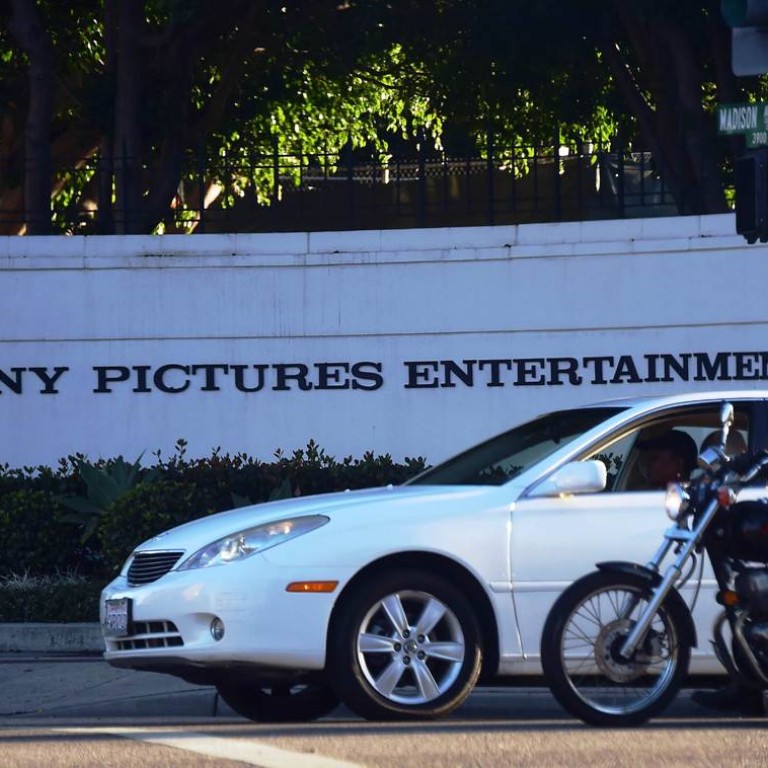
Double standards in reactions to celebrity nude hack and theft of Sony data
Hacked nude photos of celebrities sparked outrage, but the theft of Sony Pictures emails became an online celebration
When hackers unknown published the stolen nude photographs of female celebrities in September, the backlash was both fierce and nearly instantaneous.
But when hackers unknown leaked the stolen salaries, emails and PowerPoint presentations of Sony Pictures Entertainment, the public reaction was … well, celebratory. For days, sites like Gawker and Buzzfeed have revelled in gossipy dishes from the leaks, such as the gory details of celebrity feuds. Think pieces have been penned on actors' and executives' salaries, emails and salary lists reprinted in full.
If the "Fappening" was so wrong … then why is this strain of schadenfreude so cool?
Lest we start this discussion off on the wrong foot, let's be really clear up front: The Sony hack and the Fappening are different in major, substantive ways. There is arguably nothing more invasive or humiliating than having private images of your naked body stolen and spread across the internet. There is also nothing of news in those images - and the same arguably cannot be said of corporate executives' work emails.
More important, I suspect, is that there are power dynamics at play here that were absolutely not at play in the Fappening. Sony executives are rich and powerful, but the inner mechanisms of their industry are fairly secretive. They're essentially beyond public scrutiny or reproach. Lifting that veil feels like a win for the everyman.
Whereas the Fappening victimised those who were famous, but in very personal, private moments of vulnerability, the Sony hack has meted vengeance on those who seemed to deserve it - brash and obnoxious executives, the true 1 per cent.
In other words, even if the Sony hack was "wrong", the leak of celebrity nudes was more wrong.
And yet … that seems like a dangerous bit of moral relativism, doesn't it? If hacking private documents is wrong, it should be wrong all the time.
Someone has to decide what is sexy or provocative or newsworthy. And increasingly, particularly in online media, that decision is outsourced to the masses via questions like "what's trending on social media?" or "what will people click?"
That's inevitable, to an extent. In a brilliant, nuanced essay for Buzzfeed, Anne Helen Petersen posits that, if mainstream media stopped reporting on the hack entirely, then bloggers or Redditors or anti-Sony crusaders would take it on in their stead.
But maybe that observation goes another way, as well. If the existence of online interest is the only standard for publishing, then virtually everything qualifies. It is, in other words, not much of a standard at all.
The tone of much of the Sony coverage would certainly seem to bear that concern out. Yes, we've had serious, important stories about racial and gender-based tensions the hacked materials reveal. But there's also a lot of ugly, googly-eyed schadenfreude.
Meanwhile, amidst all this revelry, Sony's rank-and-file employees are legitimately suffering: They, too, had their personal information stolen.
"The most painful stuff in the Sony cache is a doctor shopping for Ritalin," wrote Brian Barrett at Gizmodo. "It's an email about trying to get pregnant … It's even the harmless, mundane, trivial stuff that makes up any day's email load that suddenly feels ugly and raw out in the open, a digital Babadook brought to life by a scorched earth cyberattack."
Of course, anyone following the gossipy headlines on Facebook or the gleeful references to "hilarity" and "enjoyment" could probably lose sight of that collateral damage.
They could be fooled into thinking, in fact, that the Sony hack was unequivocally a good thing.
For better or worse - worse, I suspect - that's the only encouragement that aspiring future hackers need.
The Washington Post
